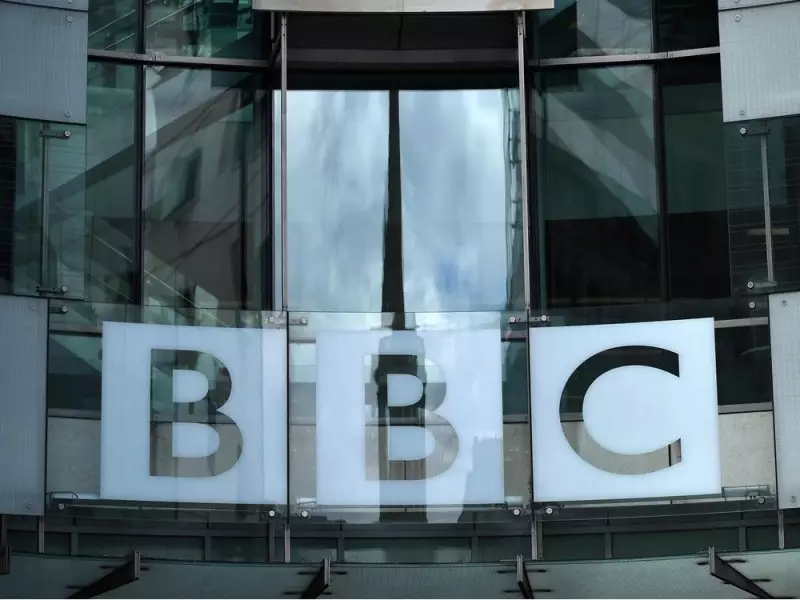
The BBC is confronting a profound crisis of credibility as allegations of systemic bias and editorial misconduct rock the prestigious broadcaster, culminating in a stunning $1 billion lawsuit threat from former U.S. President Donald Trump.
Internal Memo Exposes Pattern of Bias
A leaked internal memorandum from former BBC ethics committee advisor Michael Prescott has revealed disturbing patterns of biased reporting within the organization. The document, made public last week, details multiple instances where the broadcaster allegedly violated its own commitment to impartial news coverage.
Among the most serious allegations is that BBC editors doctored a speech by Donald Trump to create the false impression that he directly incited the Capitol Hill riot. The memo further claims the broadcaster's Arabic services consistently minimized Israeli suffering while amplifying Hamas narratives, and that the LGBT desk censored transgender coverage by excluding alternative perspectives.
Leadership Exodus and Legal Threats
The revelations triggered immediate consequences within the BBC's upper echelons. On Sunday, the organization witnessed the resignations of both Director General Tim Davie and Chief Executive of News Deborah Turness, though the circumstances surrounding their departures remain unclear.
The crisis escalated dramatically on Monday when Donald Trump's legal team dispatched a formal letter threatening to sue the BBC for $1 billion unless the broadcaster retracts the documentary containing the edited clip, issues a public apology, and provides substantial compensation.
BBC Leadership Downplays Concerns
Despite the severity of these allegations, BBC Chair Samir Shah appears to be minimizing the concerns raised in Prescott's assessment. In his Monday correspondence to the BBC's culture, media and sport committee, Shah mounted a vigorous defense of the organization rather than acknowledging systemic problems.
Shah praised the departed executives as exceptional and outstanding, while characterizing Prescott's findings as merely personal accounts and partial descriptions. He referred to specific instances of biased coverage as one-offs and suggested that while some mistakes may point to underlying problems, he currently sees no evidence of systemic bias.
The BBC chair specifically addressed three controversial areas: transgender coverage, Gaza reporting, and the edited Trump speech, admitting only that there are occasions when the BBC gets things wrong or when reporting requires more context and explanation.
This defensive posture comes despite the BBC's own admission that it breached editorial policies by failing to disclose that the narrator of a Gaza documentary was the son of a Hamas official. As pressure mounts from both internal critics and external legal threats, the broadcaster faces an unprecedented challenge to its reputation and journalistic integrity.





